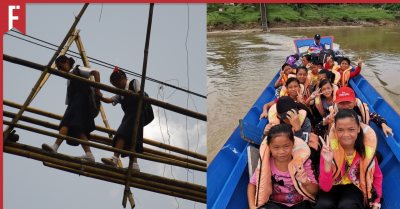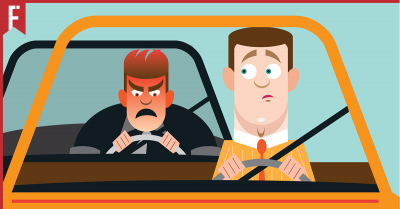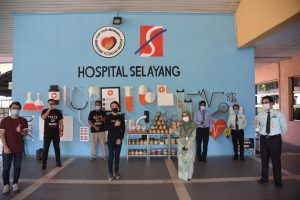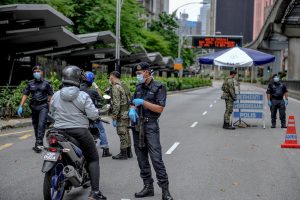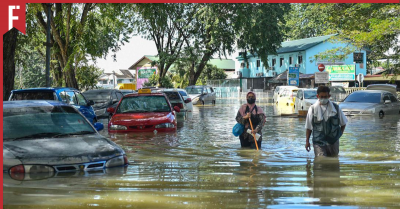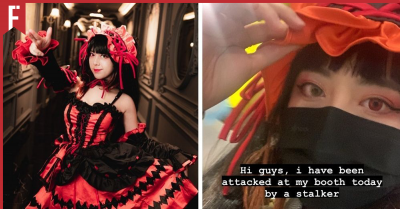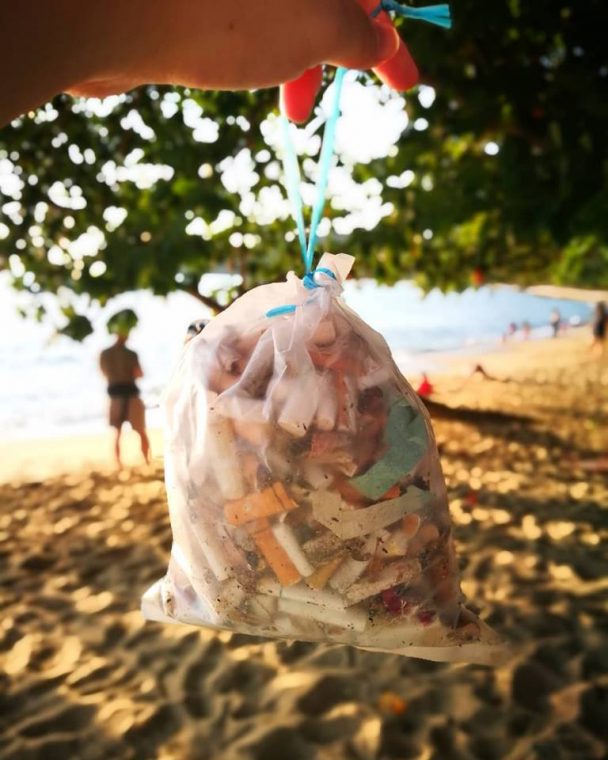

You’ve probably been to Bali, Boracay, or Maldives but can you recall the last time you’ve been to Pangkor Island?
No?
Like any other island attraction, Pangkor has become a household name for generations and it sits up there with the likes of Langkawi and Perhentian. Historically from the Dutch colonisation to the start of British dominance, the island has and always been a paradise for fishermen.
Though now setting base in fishing villages on the east coast of the island, the local fishing folk have seen people come and go, leaving memories and, sadly, trash behind.
Baywatch Bummer
Perak Tourism Association (PTA) Chairman Datuk Mohammad Odzman Abdul Kadir recently said food stalls along (some) beaches only add pollution of the sea. And although the island falls under the care of The Manjung Municipal Council (MPM), the key to keeping the beaches pristine clean is litter prevention, not cure.

Back in 2001, the island famous for its fishing and tourism industry recorded 500,000 tourists but the number dropped to 300,000 a year later. While there are other causes of unstable visits, beach pollution is believed to be one of them. Also, with the growing number of foreign workers on the island coming from different educational and cultural backgrounds, the awareness level is said to be low, contributing to the island’s grave pollution.
Oh Hello, Pangkor
In comes Hello Pangkor (HP) in 2017, a local island chaperone who also acts as Pangkor’s beach saviour and knight in sandy armour. Together with other NGOs, volunteer bodies, and business entities, Hello Pangkor headed by Co-founder cum Director, Tan Wee Hoe (Vhoe), trample on their beach backyard picking up trash along the way, leading tour groups to act as a catalyst in the hopes of better awareness.

Hello Pangkor is a social enterprise built on a focus to preserve and improve the environmental state of Pangkor, also its cultural heritage and economic upbringing.
HP is founded and operated by the people of the island itself, setting its aim to be the game-changer in the hopes of better sustainability and progress for Pangkor.
For the record, in data collected by Reef Check Malaysia (RCM) during a beach clean-up study in 2018, a disgusting discovery was revealed:
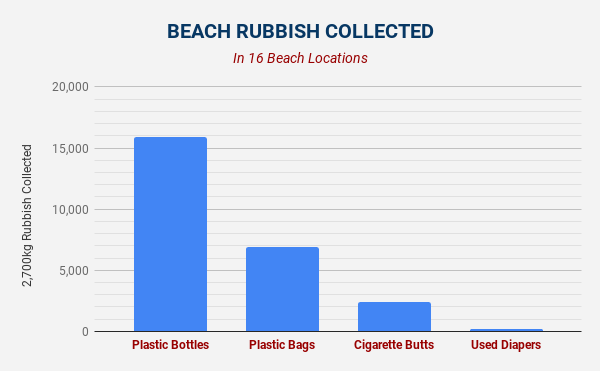
A born and bred Pangkor native, Vhoe told us in this exclusive interview that he initiated his beach cleaning program two years ago in June where the first session was done on a famous beach, known to the locals as a landing spot for turtles.
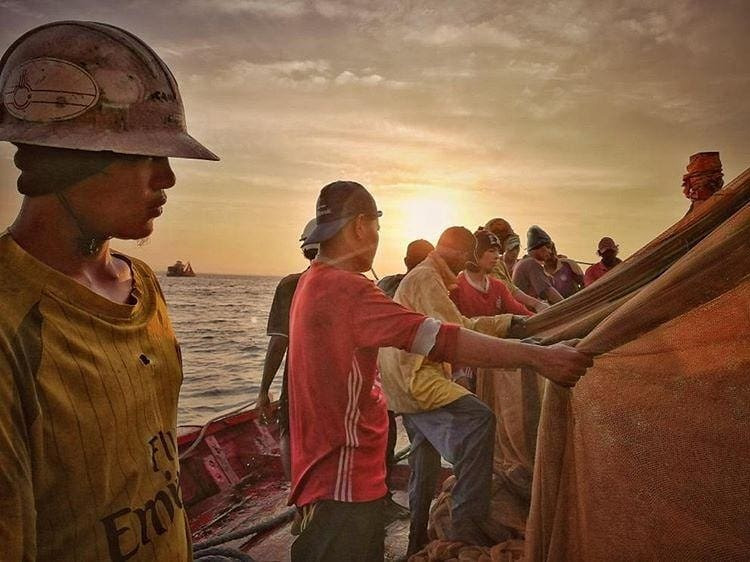
“But that was decades ago. The turtles have stopped coming. Climate change and ocean pollution are believed to be a worrying cause and we would like to change that”, said the former Tech Support with a personal penchant for cross country marathons.
A Little Effort Goes A Long, Long Way
From that first session, Vhoe and his Pangkor comrades continued to organise more beach cleanup programs on other beaches like Teluk Ketapang, Pasir Bogak, and Teluk Nipah, while educating local and international tourists alike.
“It wasn’t always easy. Though we do promote HP through online and offline platforms, there’s only so much we can do to change the general mindset,” said Vhoe in relation to the countless, local on-ground campaigns he conducted like Skip The Straw In Coffee Shops.
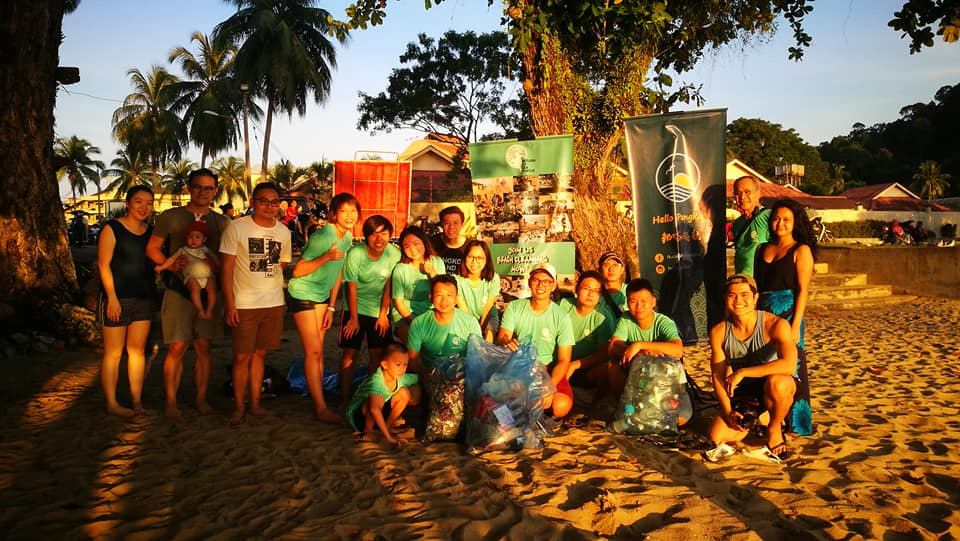
He continued, “But I love every effort to help us save our beach. For example, an environmental effort called plogginglah came all the way from KL, on their own expenses to join our cause. That and to the rest of the random heroes going out of their way to help Pangkor, I give them my gratitude.”
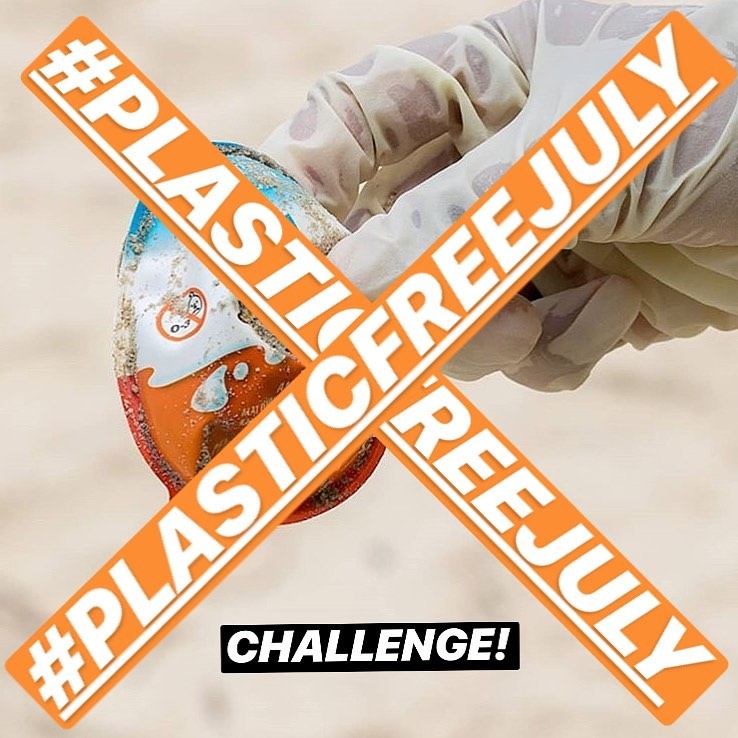
Of course, things aren’t always easy since HP is self-funded. Right now they’re still figuring out ways to pitch for a steady, sustainable capital.
Though it wasn’t the first of such effort, back in 2014 Ocean Elements Dive Centre and Universiti Putra Malaysia conducted their version of a beach sweep with the students of SK Seri Pangkor while a more comprehensive approach by Global Environent Centre was done a year later, empowering Pangkor folks to bring the pollution level down through its Waste to Wealth concept. That and countless beach cleaning operations by MPM did little to stop the island’s major concern – littering.
Vhoe admitted that throughout his beach-saving adventures, he discovered that small, plastic debris make up the majority of pollution and hazard on his island, parallel to a study by University of Malaya’s Institute of Biological Sciences titled Marine Debris on Selected Malaysian Beaches: Impacts of Human Ignorance.
Scary Littering Discovery
The study brought to light an alarming fact: Plastic (up to 94%) is the most abundant type of marine debris found on Malaysian beaches while other environmental hazards left by beachgoers include: food waste, paper, rubber, glass, and metal in all forms.
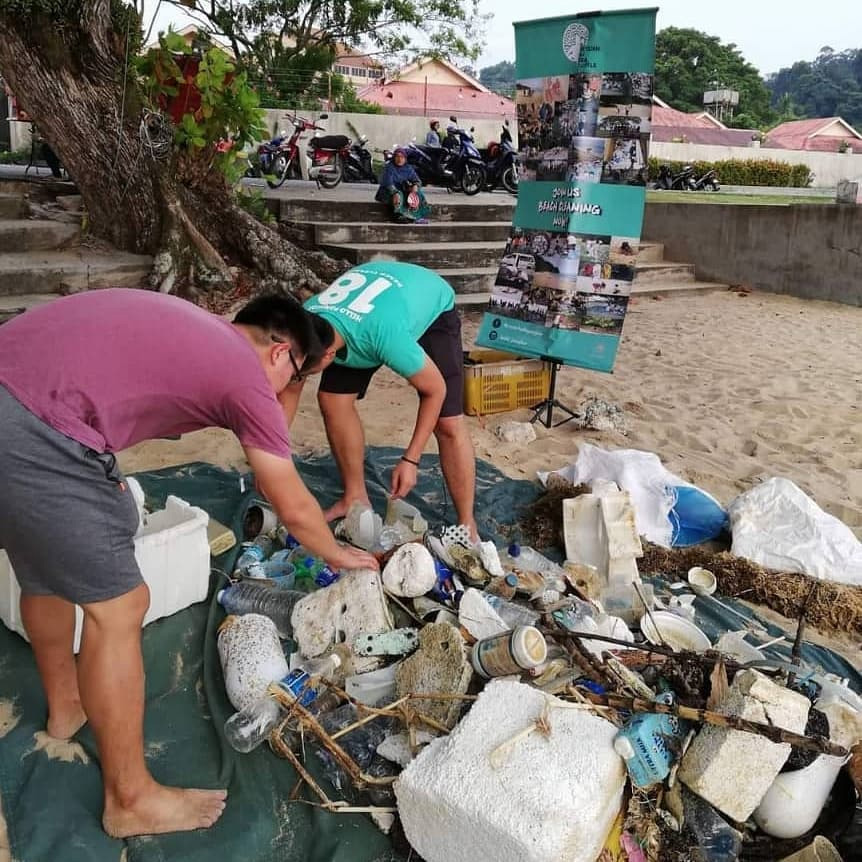
We’re not talking about large factories dumping toxins down rivers or oil tankers spilling pollution in the ocean. We’re talking about ignorance. Our beaches are polluted, ravaged, and damaged and it’s all on us, not multinational corporations, not the government.
Vhoe said, “Plastic pollution is a big issue but by doing something, I’m still hopeful we could turn the tables with Pangkor. Personally, I’ve seen worse in Bali but it is beyond me to speak about the situation in the country.”
“What they don’t realise is that plastic will not decompose, turning into debris that’ll last decades,” he continued.
Apart from the countless efforts rolled out every year, the government according to Julian Hyde (General Manager) RCM could push for a more pro-active approach like:
-
DEPOSIT scheme for plastic drink bottles
-
IMPROVED recycling schemes
-
BARRIERS in rivers to stop trash from reaching the ocean
-
RE-PURPOSING plastic into useful products & providing revenue to coastal communities.
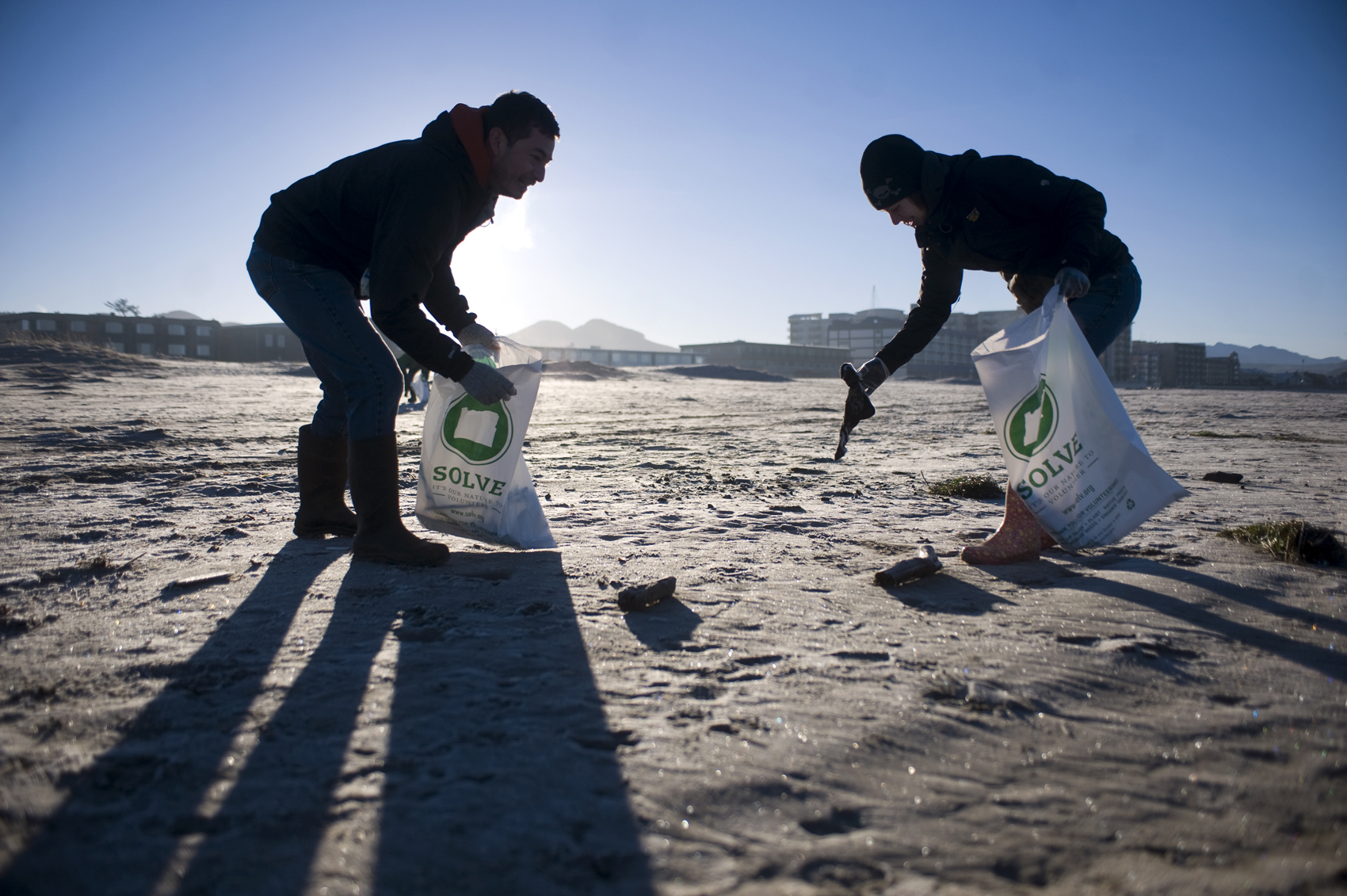
So What CAN You Do?
But what about us, the main contributors to pollution? Below are the ways you can do to help:
-
Mind Your Own Trash
Either bring home what you use on the beach OR find proper bins for it. The ocean is not a wasteland, okay.
-
Voice Out
Contact your local Yang Berhormat, community leaders and state your pledge. Don’t know their number? There’s always Facebook, Instagram, and Twitter.
-
Be A Good Pet Owner
Though most beaches don’t allow pets, in the case that you do bring one, clean up after them. Please.
-
Skip Single Use Plastics
Bottles, food containers, and straws do more harm than good. With so many earth-friendly alternatives out there, we don’t even need to describe each one.
-
Share The Love
If you find this article helps you then SHARE it! That’s the least you can do to make this world a better place.
-
Join A Clean-Up!
There’s always one near your beach. Groups like Hello Pangkor conduct regular sessions. Join them!
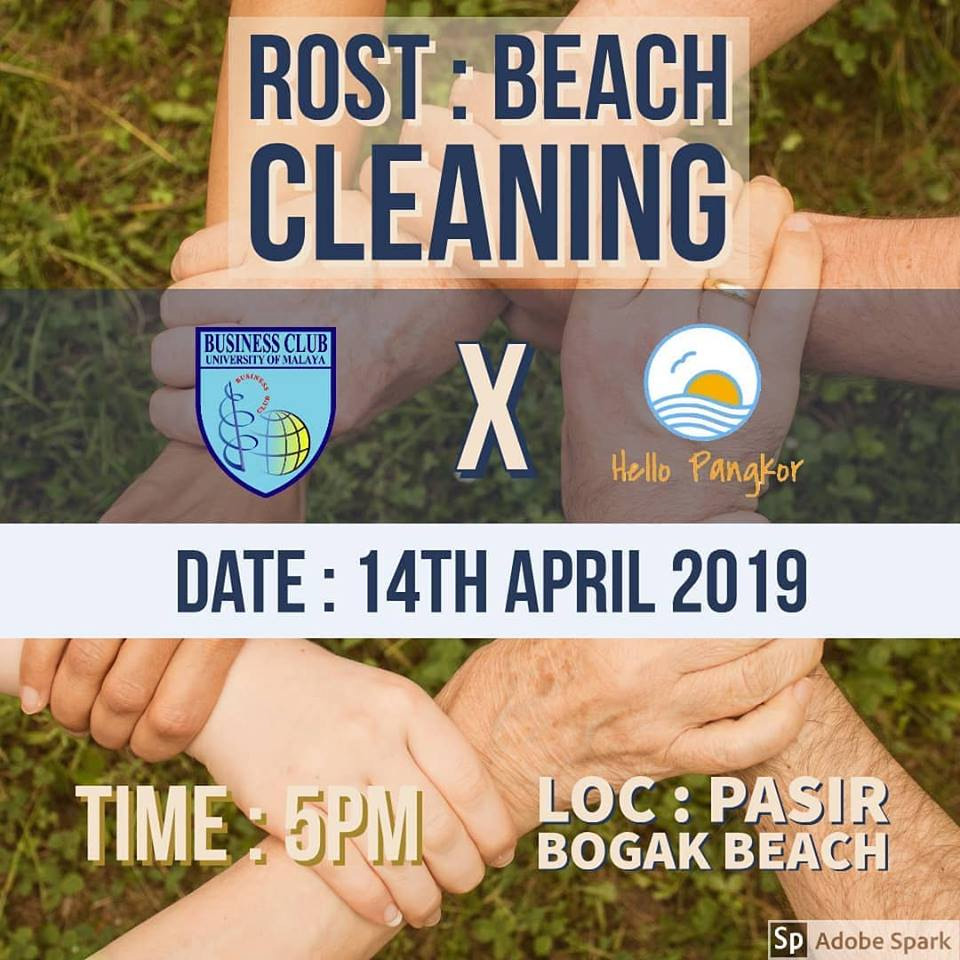
The next time you’re on the beach enjoying a sip of that ice-cold tea, remember the folks like Vhoe who work day and night to help keep his beach clean. Let’s not point fingers to the people in power or the high and mighty. The only source of pollution is us, and with us, this can be changed.

Before parting ways, Vhoe did give us some last words, “Generally speaking, when it comes to plastic, use wisely.”

